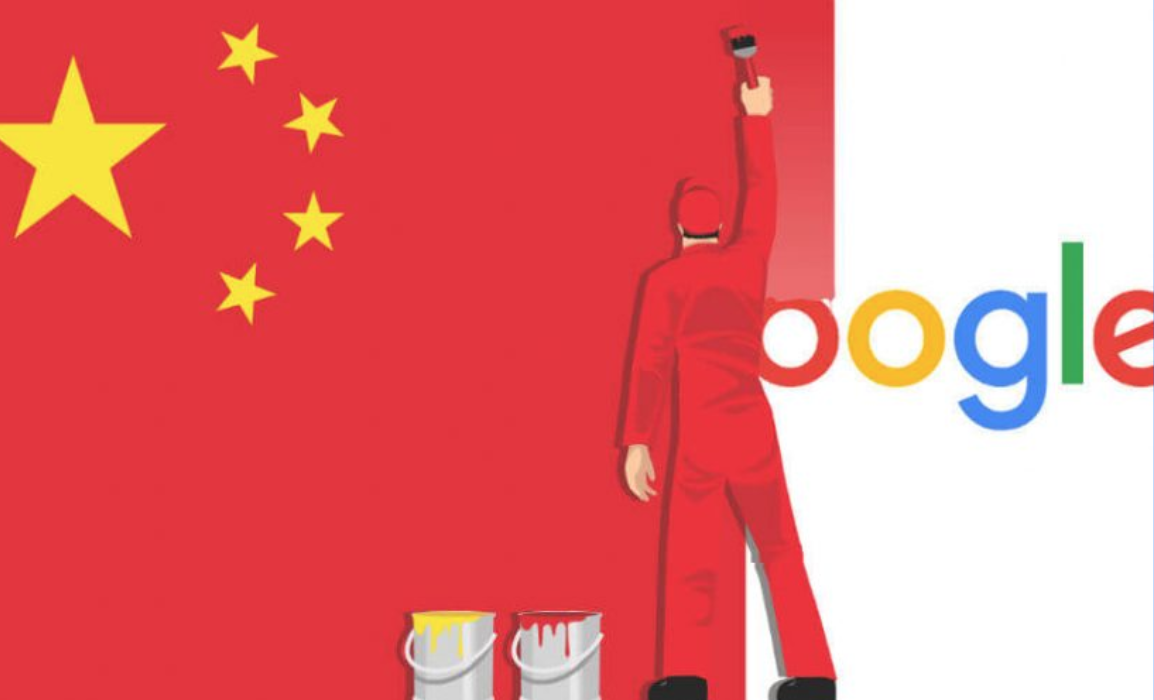
You may have heard the Donald instituted a trade war with China this week. What you probably didn’t hear, is that we’ve now officially entered The Technology Cold War.
The headline reads that this new ‘trade war’ amounts to $200 billion USD of tariffs to rebalance the trade scale in favour of the US. But it runs much deeper. As part of Executive Order, Trump proclaimed another National Emergency and ordered a ban against US tech companies from using or supplying foreign telecom entities (Such as Huawei) who are deemed to be a national security risk. This is going to have massive implications for the entire world. This is part of the shift I’ve predicted to countries de-globalising and re-nationalising their information infrastructure, and to put it bluntly – closing borders and retreating from open trade. It’s a response that’s easy for students of history to see. The most common behaviour to change and uncertainty is a fear response – ‘we’ batten down the hatches. So, what can we expect to see from here?
Immediately, Google (Alphabet) announced it won’t support new version of Huawei handsets. This means that Huawei won’t be able to use Android for its new 5G handsets. It also means they can’t use Youtube, Google Maps and Gmail. It could spell the end of Huawei’s operations outside of China. If we only step one layer deeper, and we consider the fact that China is the supply house of all things tech for the USA it gets very interesting indeed.
Major hardware brands, including Apple, Intel, Qualcom, Broadcom and Microsoft all manufacturer in China. In fact most chips made in the world currently come out of China. So where would this ‘ban’ start and end? Worse still, as it stands the US doesn’t have the manufacturing capacity, price competitiveness, or supply chain to transition production back to its home markets. But Çhina, doesn’t only make hardware, it also has its own local versions of all the software and apps we use daily.
Unsurprisingly, it does seem like Donald Trump hasn’t fully thought through the consequences. As far as I can tell The Donald has just handed over the mantle of global economic supremacy to China in one flawed decision. The first thing anyone should do before they go to war, is carefully assess the relative resource advantage each party has.
What’s next?
From here I’d expect to see both China and the USA scale up the Technology Cold War in a series of tit for tat moves. We can expect the USA to ban Chinese social media and technology giants on their soil – WeChat and others will get closed down. As a response, China is likely to throttle the supply of USA hardware manufacturing on their soil. More significantly China may also reduce the USA’s access to important rare earth materials they have relative monopolies on. Materials used to produce things like advanced grade weapons, smart phone components, advanced battery materials and wind turbines to name a few.
Prediction
The next 10 years will continue towards a path of de-globalisation with countries closing borders to foreign entities. As a result the most important economic policy countries must pursue today, is to ensure they can make and build all the materials and technology their citizens rely on, because yesterdays international trading partners might just shut the gate.
Of course, this is the opposite of what we all expected in a globalising economy, but human behaviour always has a bigger impact than the technology we employ, and sometimes it’s this fact we should really be paying more attention to in business.
These here are crazy times.